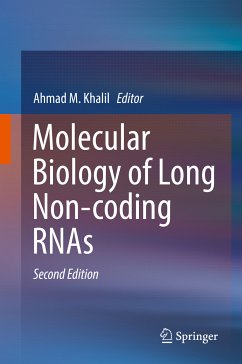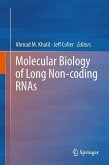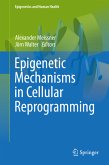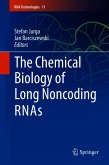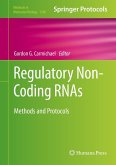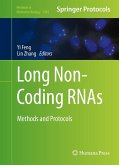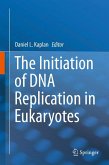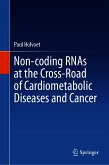This second edition shows how long non-coding RNAs (lnc)RNAs have emerged as a new paradigm in epigenetic regulation of the genome. Thousands of lncRNAs have been identified and observed in a wide range of organisms. Unlike mRNA, lncRNA have no protein-coding capacity. So, while their function is not entirely clear, they may serve as key organizers of protein complexes that allow for higher order regulatory events. Advances in the field also include better characterization of human long non-coding RNAs, novel insights into their roles in human development and disease, their diverse mechanisms of action and novel technologies to study them.
Dieser Download kann aus rechtlichen Gründen nur mit Rechnungsadresse in A, B, BG, CY, CZ, D, DK, EW, E, FIN, F, GR, HR, H, IRL, I, LT, L, LR, M, NL, PL, P, R, S, SLO, SK ausgeliefert werden.

